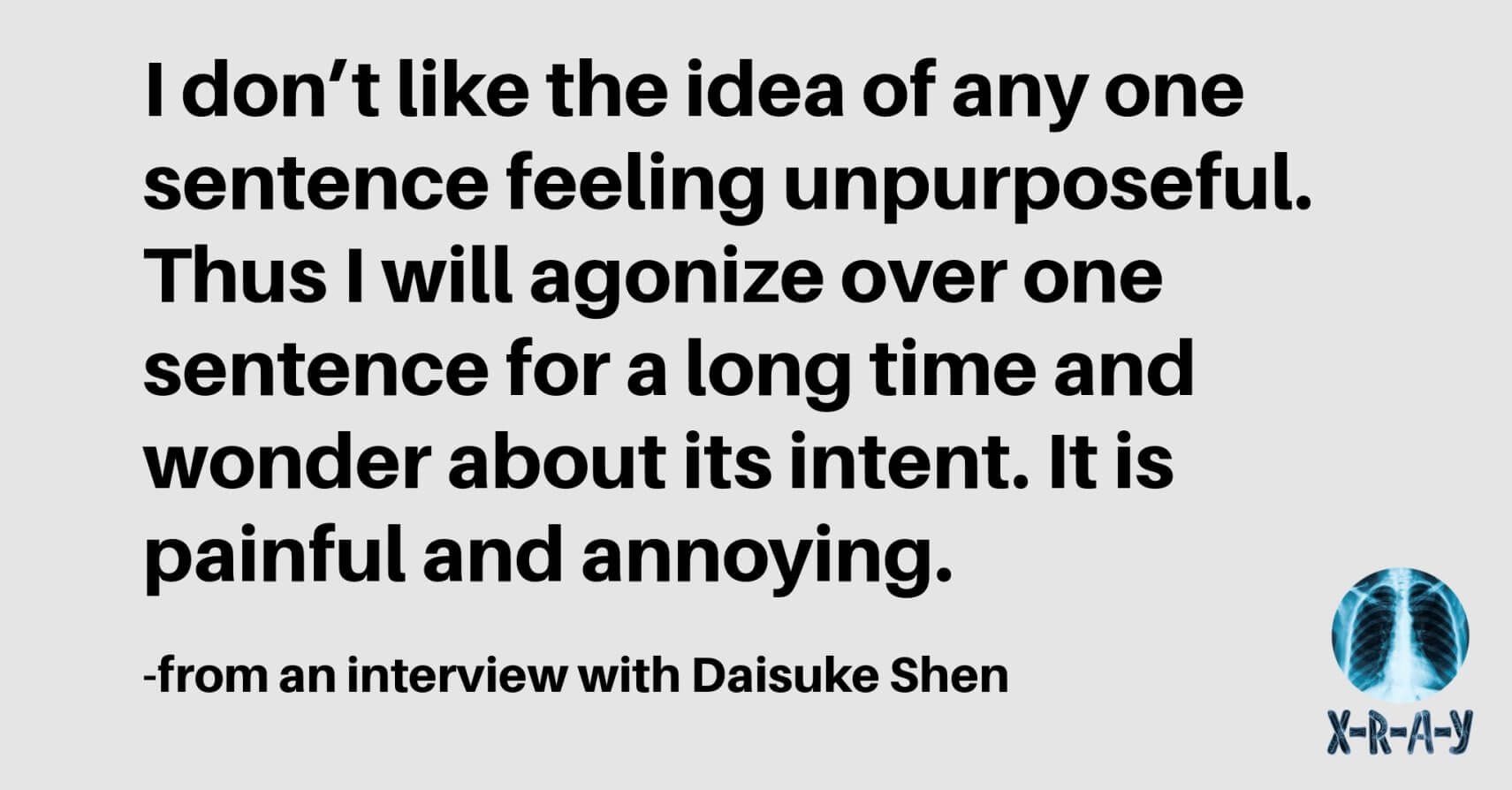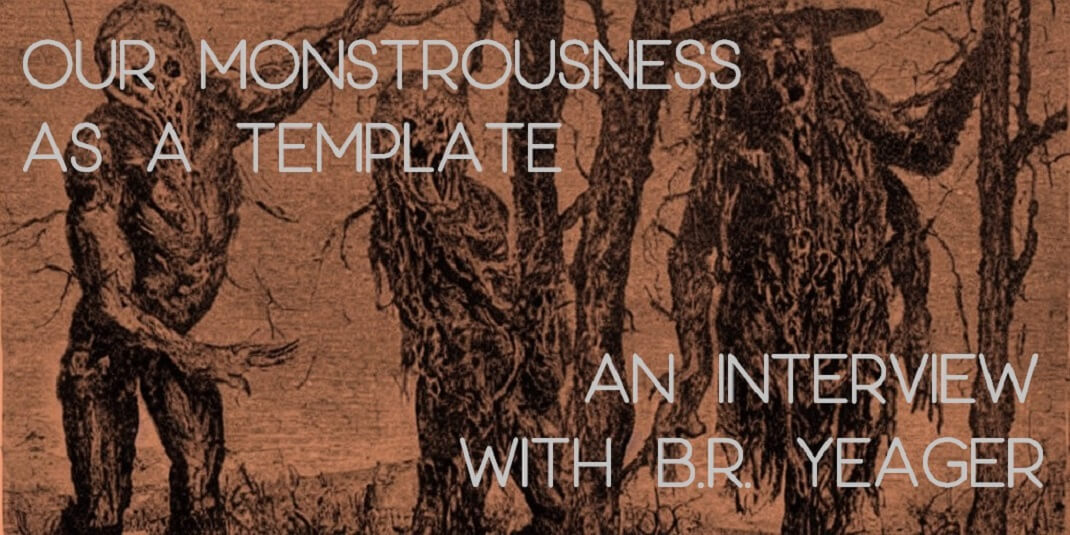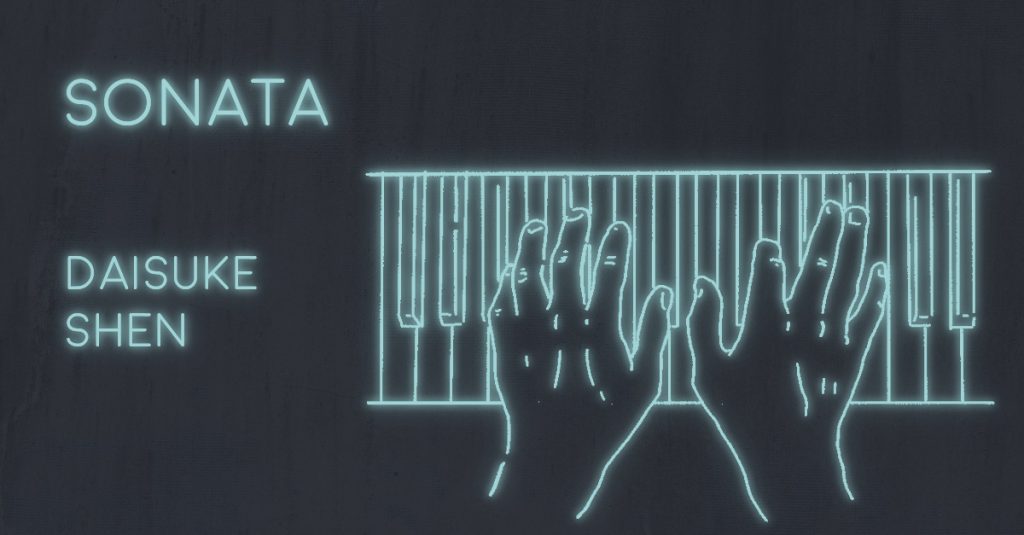
THROUGH DISRUPTION AND DISSOLUTION: An Interview with Daisuke Shen
The burden of foresight. With Vague Predictions & Prophecies (CLASH Books, 2024) Daisuke Shen mainlines a generation’s insecurities into fiction that is at once ephemeral and psychically probing. These are stories that present longing, whether that be for a sense of solidity, a chance at connection, or a reprieve from aimlessness. Daydreams of lost days and nightmares of days lost. Shen explores how technology melds with the human, and speculates on where consciousness might reside. I spoke with Daisuke about the book. Rebecca Gransden: The book shares its title with one of the short stories you’ve included, “Vague Predictions…


